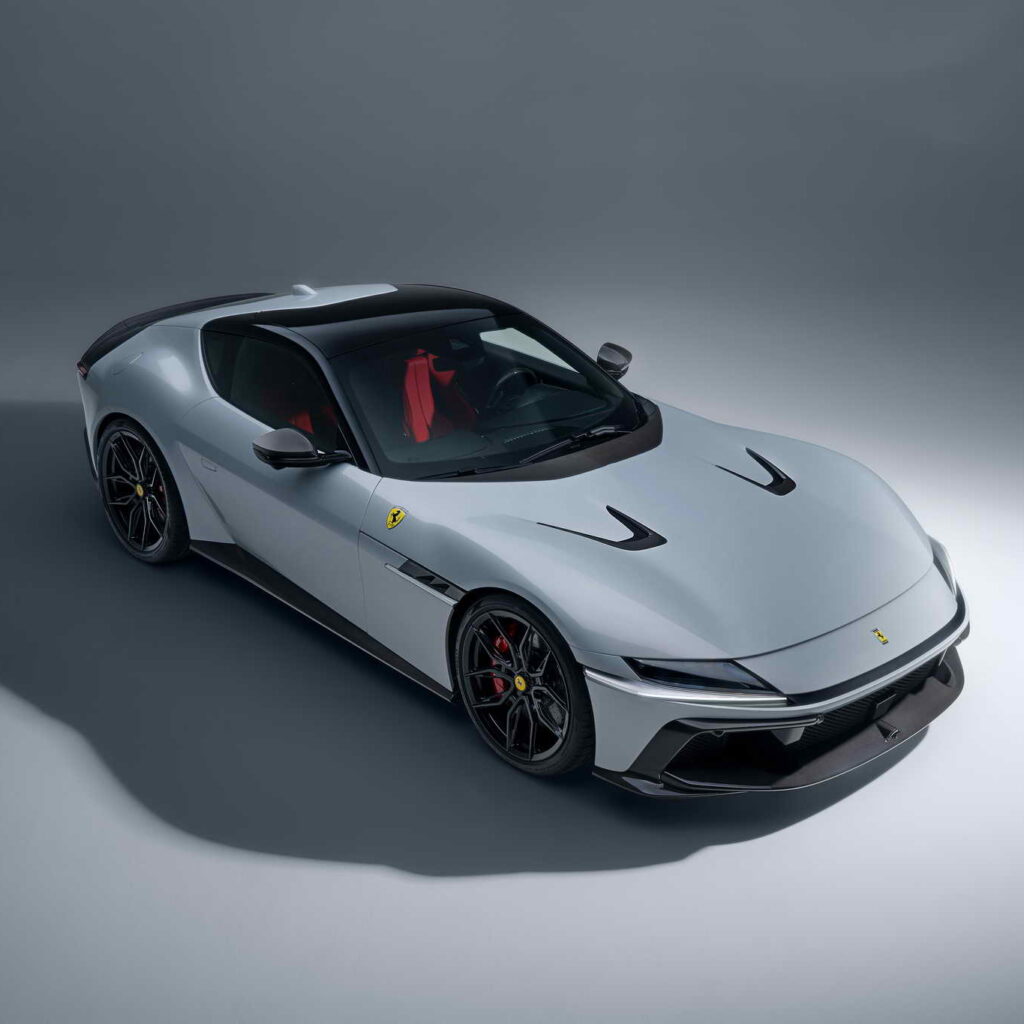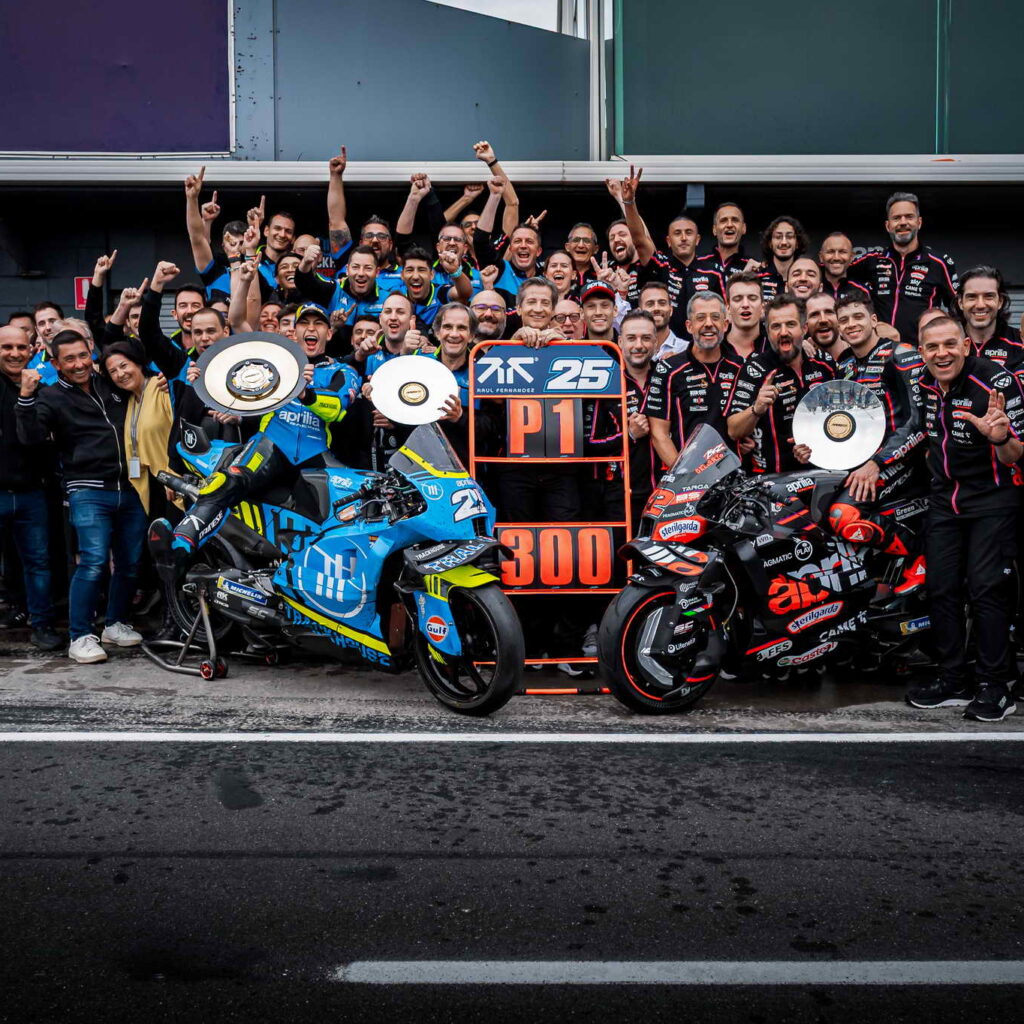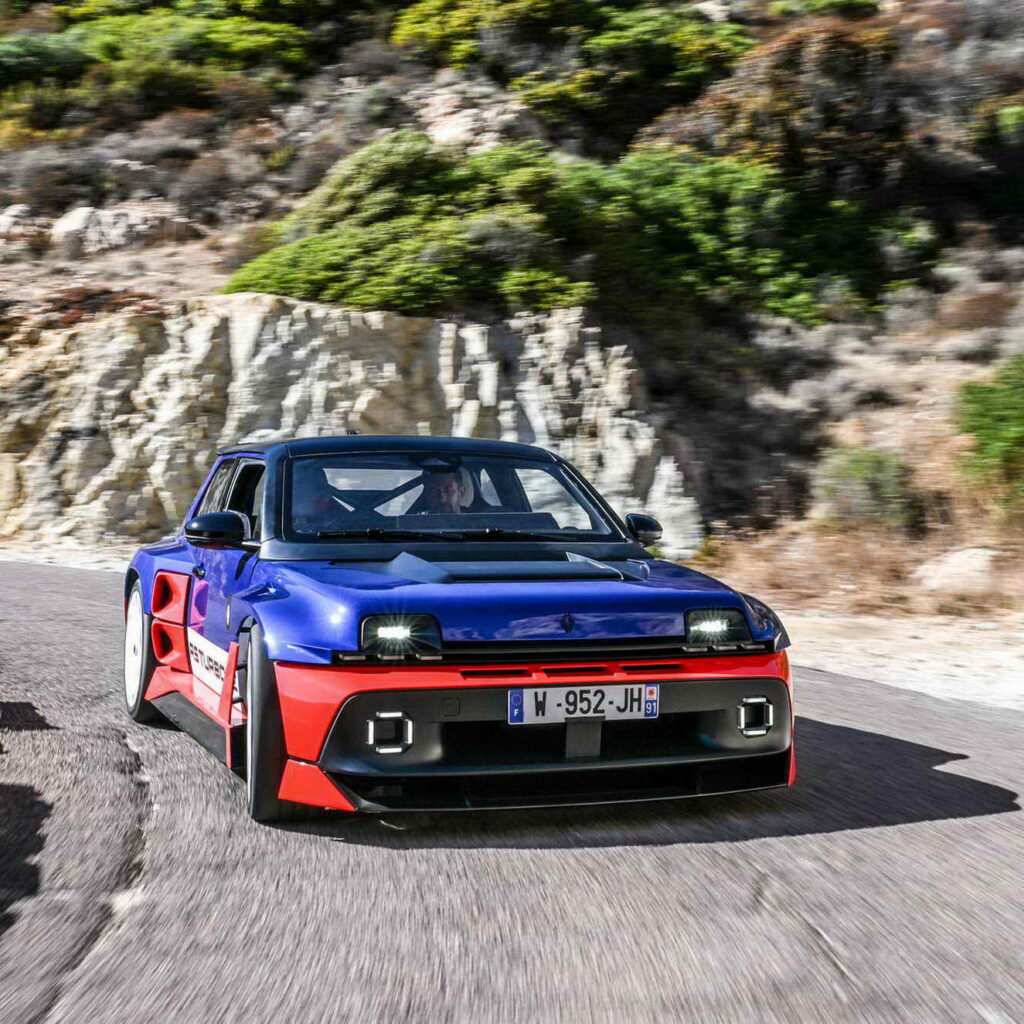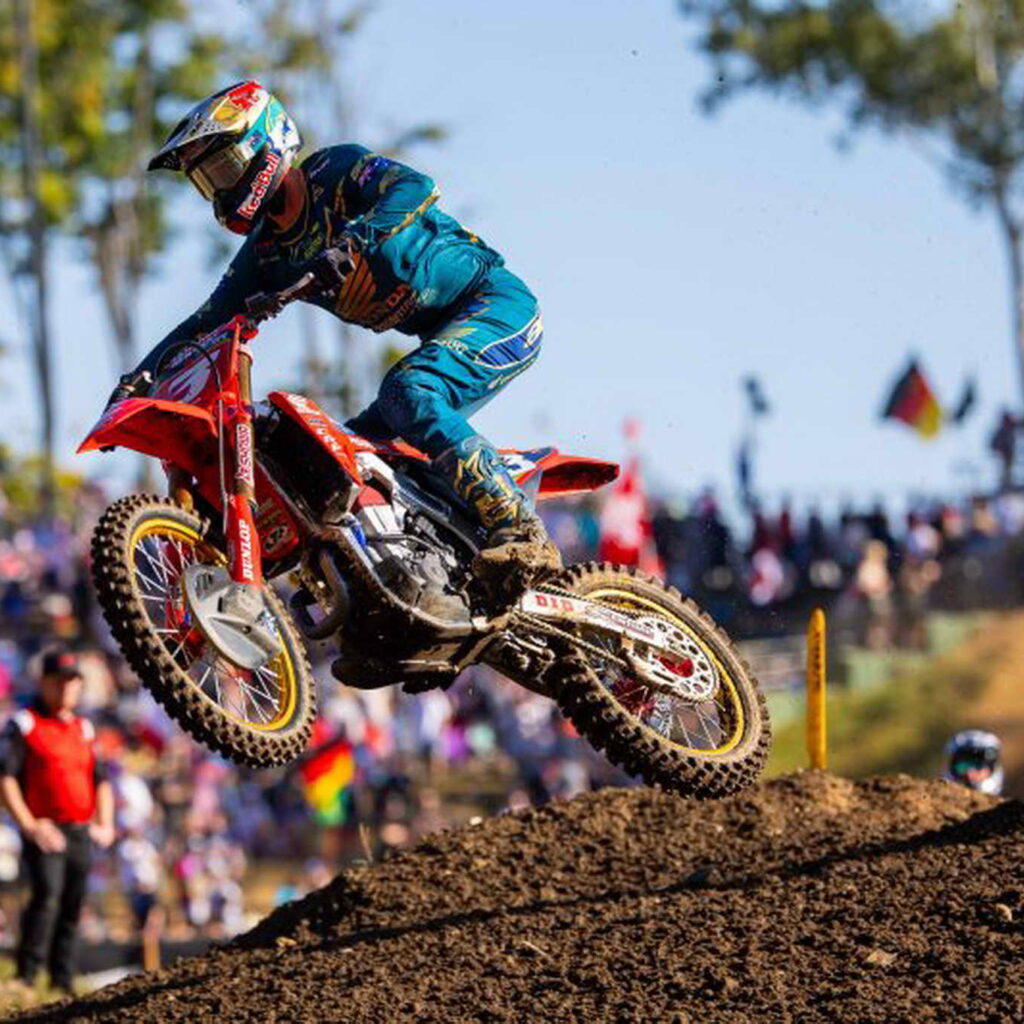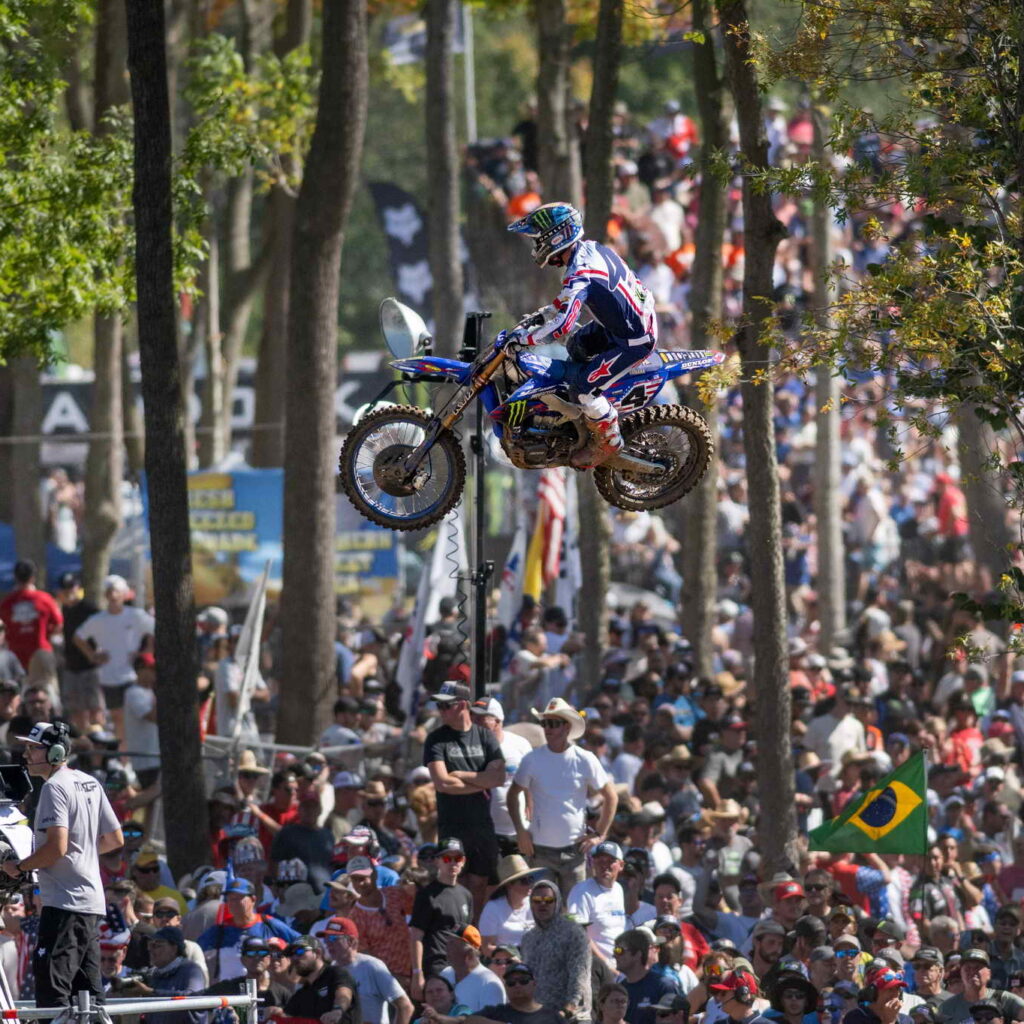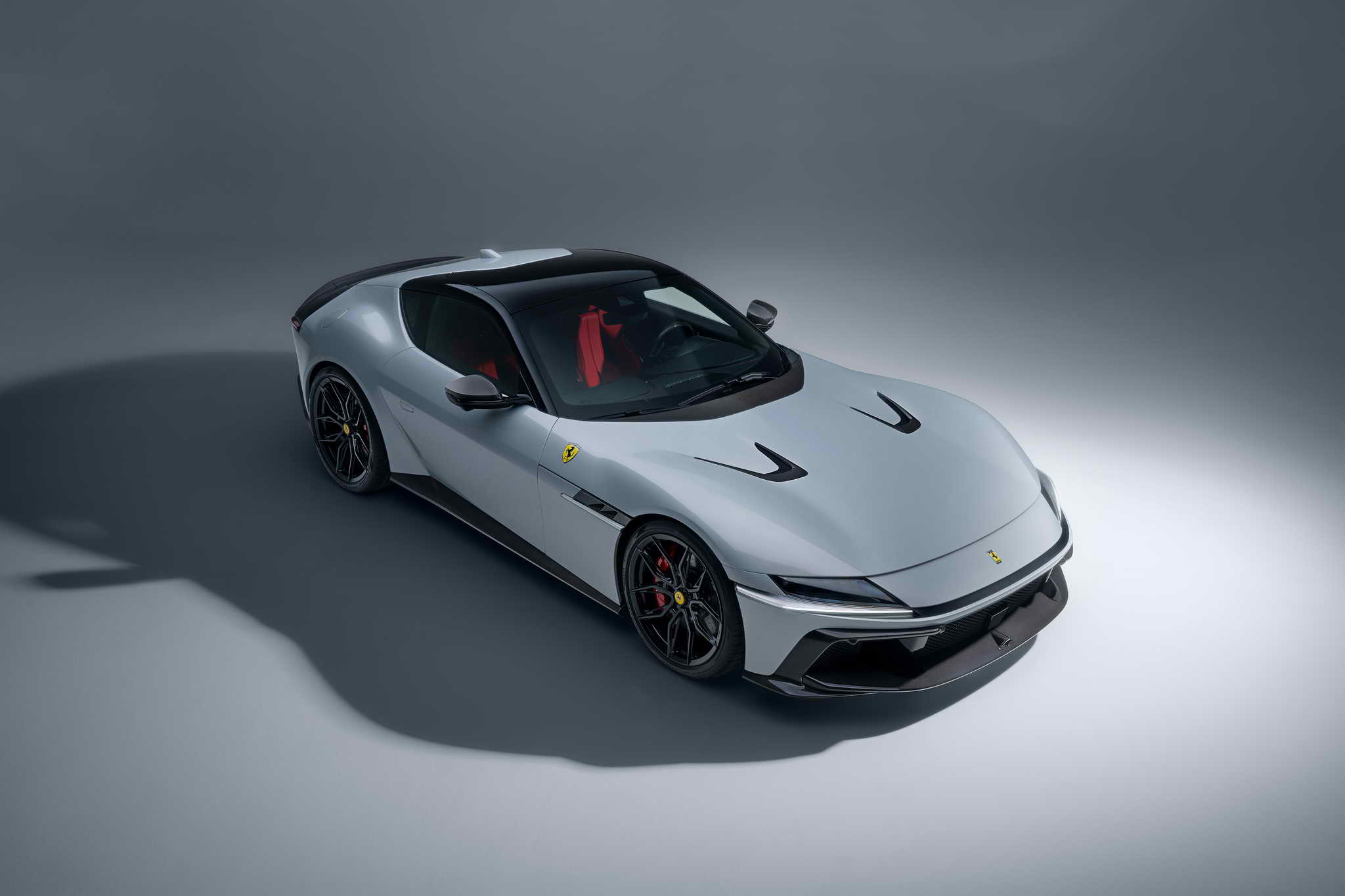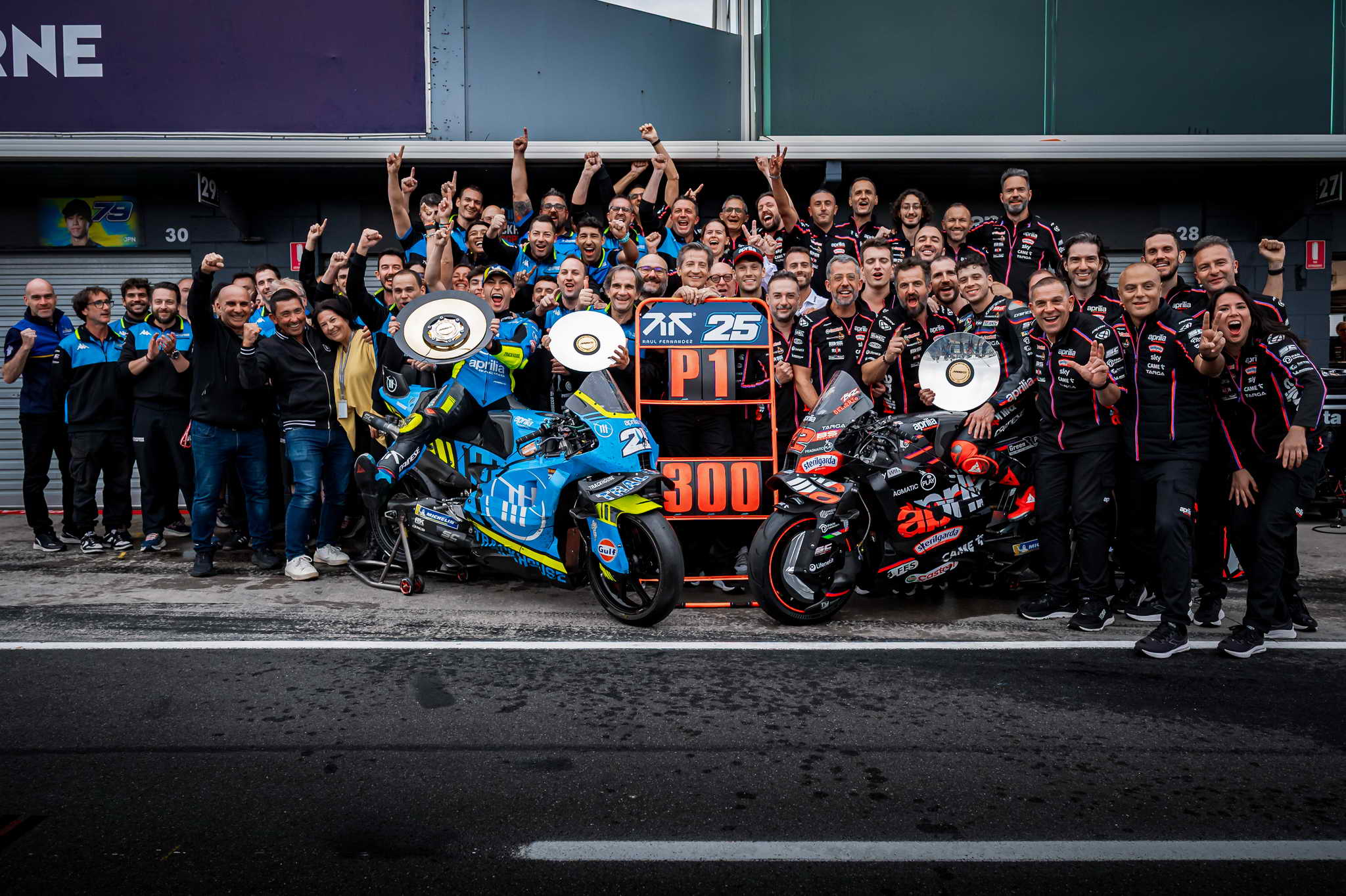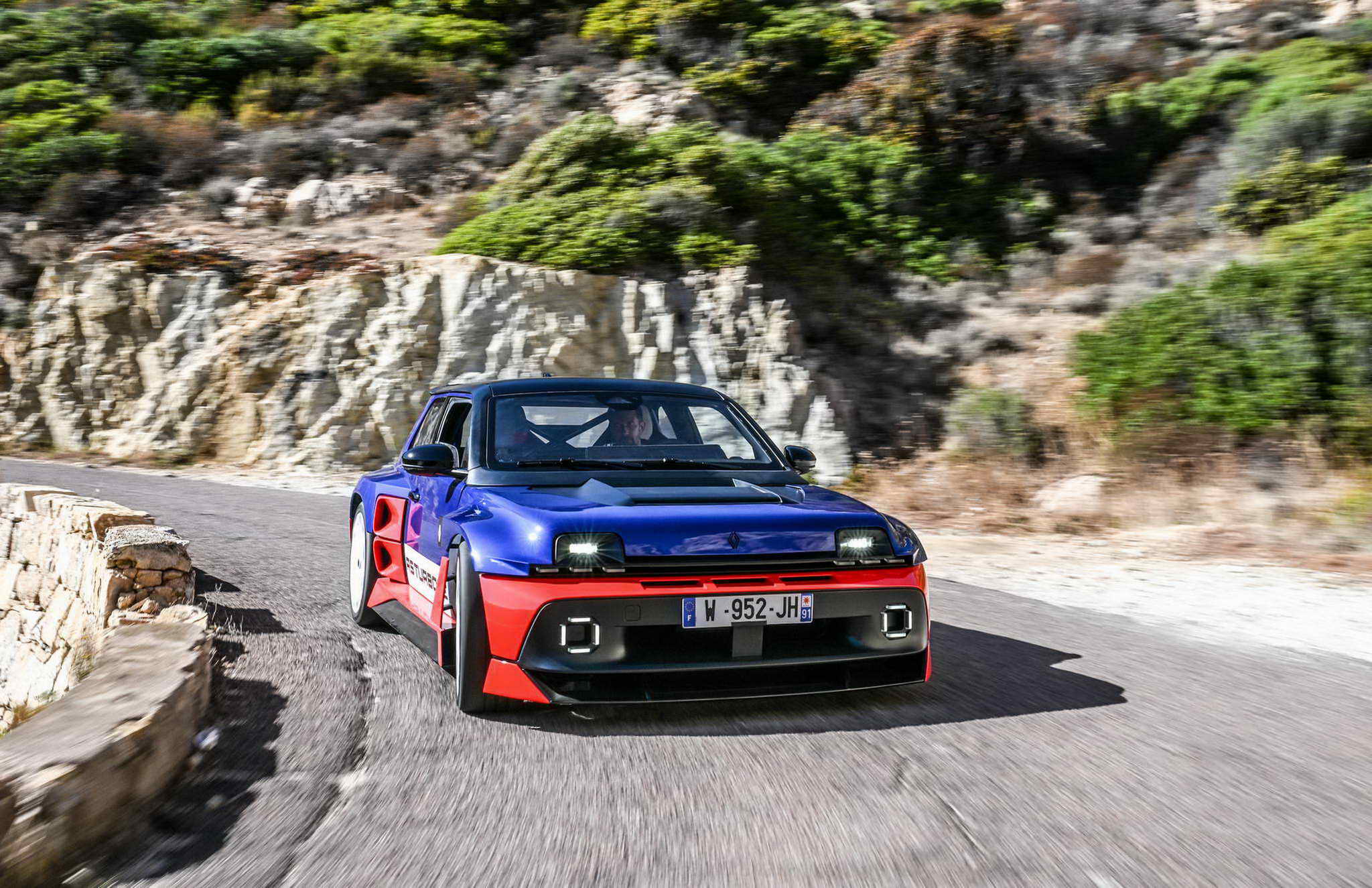Indianapolis 500 veteran Paul Goldsmith, a winning competitor on two and four wheels, died Sept. 6 in Munster, Indiana. He was 98, the oldest Indianapolis 500 starter at the time of his passing.
West Virginia native Goldsmith made six consecutive “500” starts between 1958-63. His best finish came in 1960, a third-place result in the No. 99 Demler Epperly/Offy car overshadowed by the sensational duel for victory between Jim Rathmann and Rodger Ward.
Goldsmith also finished fifth in 1959. That strong result came a year after he completed zero laps as a rookie starter in 1958, as he was caught in the multi-car accident that claimed the life of Pat O’Connor. Goldsmith’s best qualifying position was ninth for his final start, in 1963.
Incredibly, Goldsmith achieved such success at the top level of open-wheel racing despite making only eight career starts in cars without fenders. All eight races were USAC Championship events, including the six Indianapolis 500 starts.
Few racers in his era were more versatile and successful than the humble, quiet Goldsmith.
Raised in Detroit, he began racing motorcycles as a teenager after the end of World War II. He jumped immediately to American Motorcyclist Association expert status on Harley-Davidson machines, competing while working full time at a Chrysler factory. Goldsmith’s first major AMA motorcycle win came in 1952 on the 1-mile dirt track at Wisconsin State Fair Park, now paved and known as the Milwaukee Mile.
In 1953, Goldsmith won the Daytona 200 motorcycle race on the old beach road course, with his Harley prepared by legendary engine builder and tuner Smokey Yunick. He also won the 100-mile race at treacherous Langhorne (Pennsylvania) Speedway.
Goldsmith finished second in the AMA standings in 1954 to a protegee and friend from the West Coast who also achieved success on two and four wheels – Joe Leonard.
While still racing motorcycles, Goldsmith tried his hand at stock car racing, winning a 250-mile race in 1953 at the Detroit Fairgrounds. He made his final motorcycle start in 1956 and then focused on stock car racing, earning his first NASCAR victory that year in a 300-mile race at Langhorne for Yunick’s team.
Goldsmith was the final NASCAR Grand National winner on the old beach course in 1958 in Daytona Beach, Florida, while the construction of Daytona International Speedway was underway. He is the only competitor to win on the beach course in a car and on a motorcycle.
In 1959, Goldsmith teamed up with ace mechanic Ray Nichels and dominated the USAC Stock Car circuit in Nichels Engineering machines during the first half of the 1960s. He won the USAC Stock Car championship in 1961 and 1962 and finished second in 1960 and 1965.
Goldsmith won 26 USAC Stock Car races in 85 starts, with 44 top-three finishes. Nineteen of those wins came in 39 starts during his title-winning seasons in 1961 and 1962. He won nine races and earned 59 top-10 finishes in 127 NASCAR starts. His last NASCAR win came in 1966 at Bristol (Tennessee) Motor Speedway.
Despite only six starts at Indianapolis Motor Speedway, Goldsmith turned many laps at the Racing Capital of the World as Firestone’s chief test driver.
He also participated in one of the most unique events in IMS history, a 24-hour race between two cars Nov. 21-22, 1961. Goldsmith and fellow star drivers Ward, Len Sutton, Fireball Roberts, Marvin Panch and Joe Weatherly alternated between a Police Enforcer version of a Pontiac Catalina and a conventional Catalina in heavy rain, a test of the machinery and drivers. They were the first drivers to compete on the completely paved 2.5-mile oval, as the front straightaway of original brick was covered with asphalt in October 1961.
His noteworthy accomplishments on two and four wheels were honored with membership in several Halls of Fame, including the IMS Hall of Fame, Motorsports Hall of Fame of America, Motorcycle Hall of Fame, USAC Hall of Fame and Michigan Motorsports Hall of Fame.
Goldsmith retired as a driver in 1969 to focus on his growing aviation exploits. He was a noted pilot, one of the first drivers to fly himself to and from races. He also trained pilots for China East Airlines, flew parts to races in his plane, and owned an aviation engine repair business and an airport in Griffith, Indiana. Goldsmith also owned a series of ranches and restaurants.
Goldsmith was predeceased by his wife, Helen, and son, Greg. He is survived by his daughter, Linda Goldsmith-Slifer.

